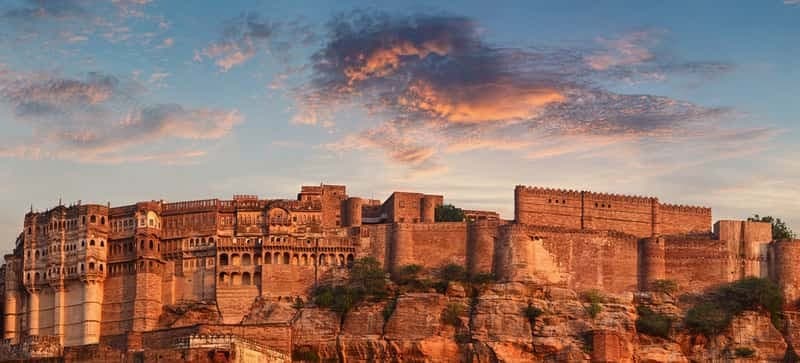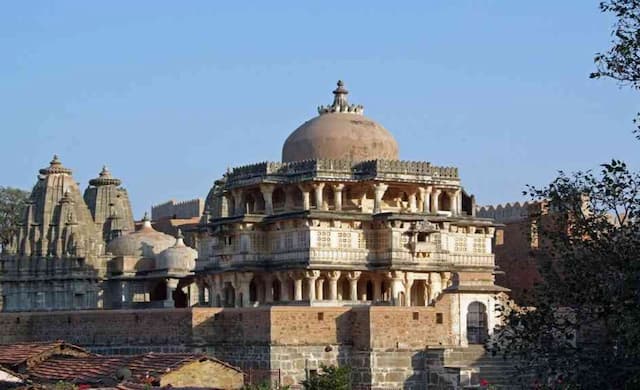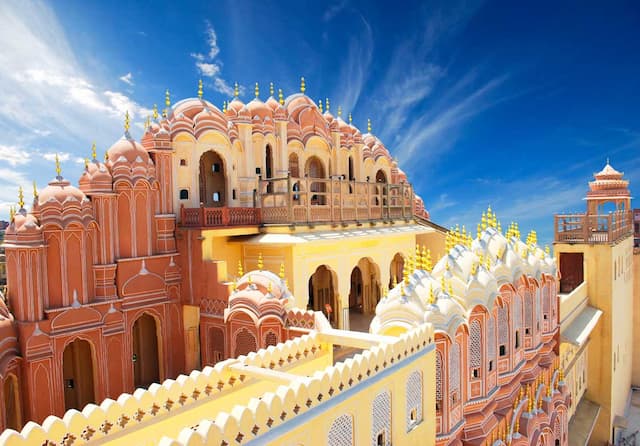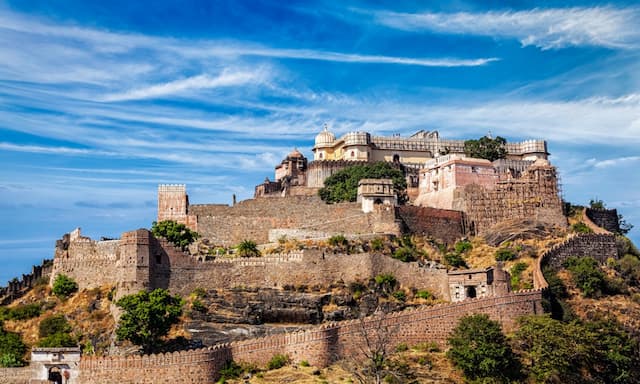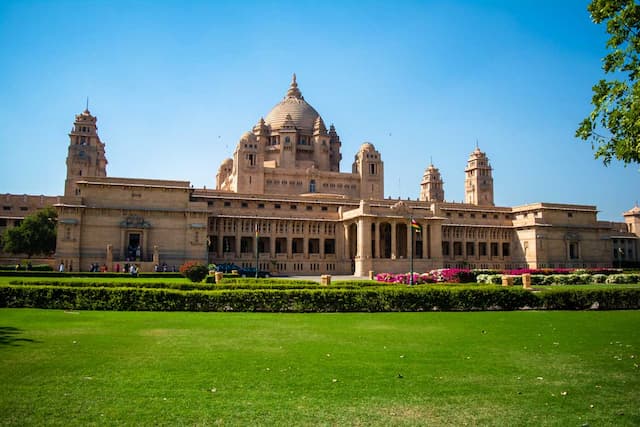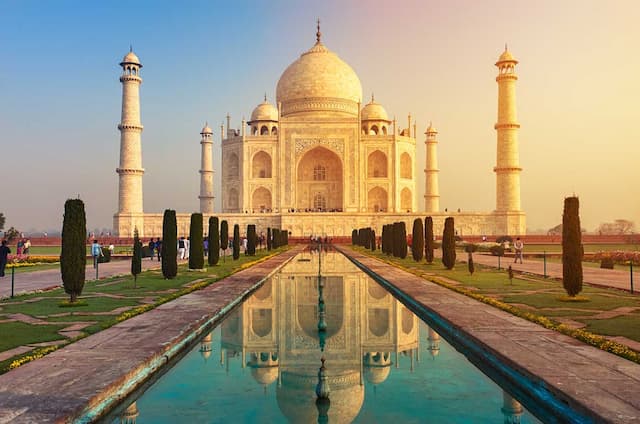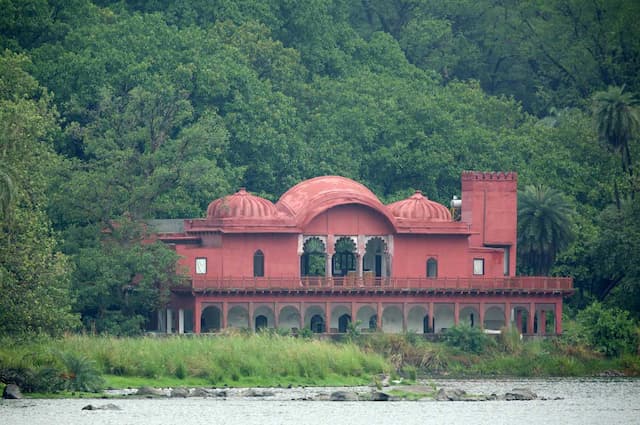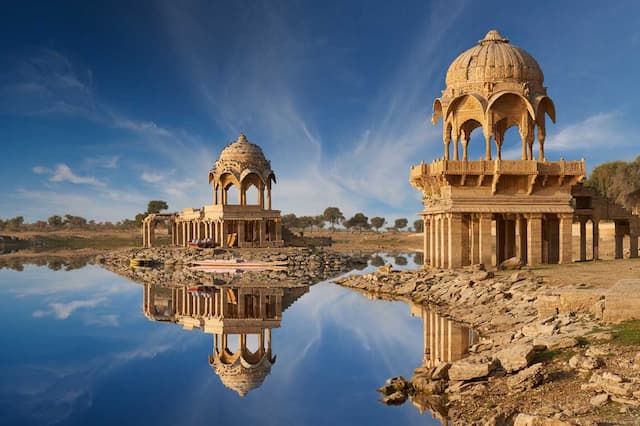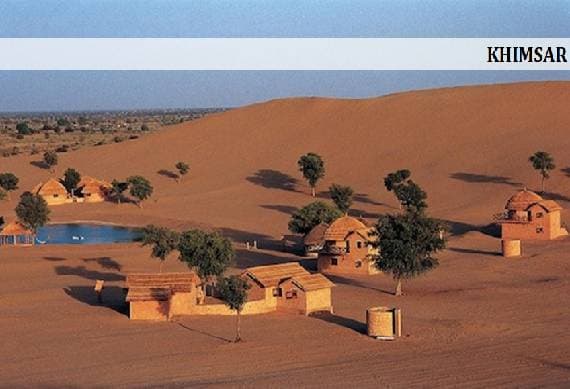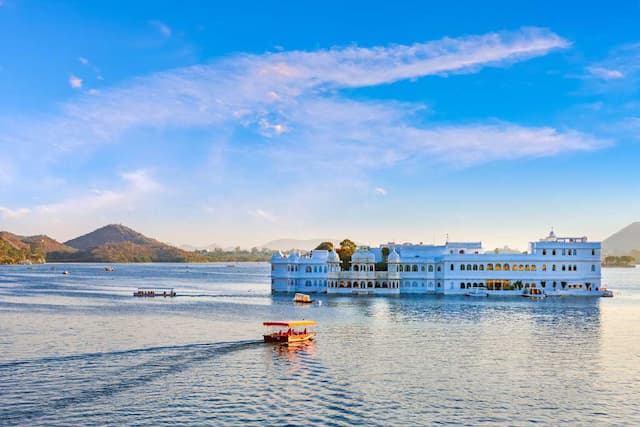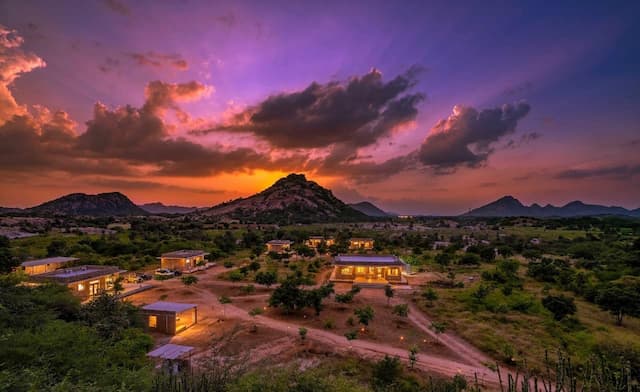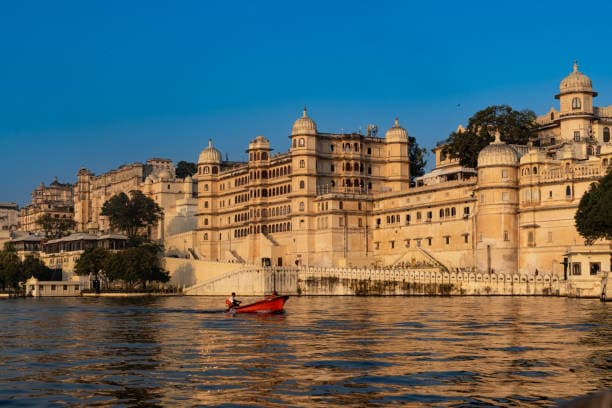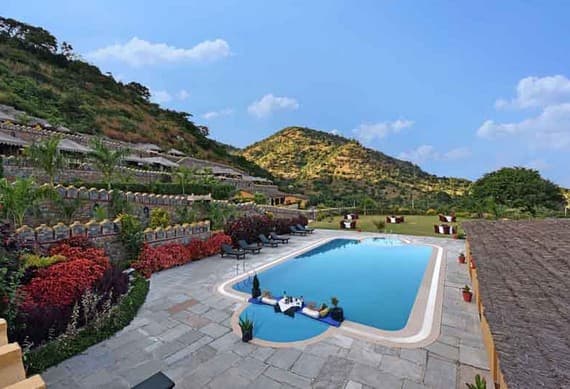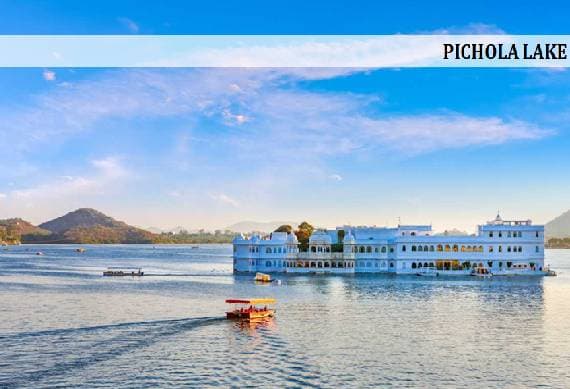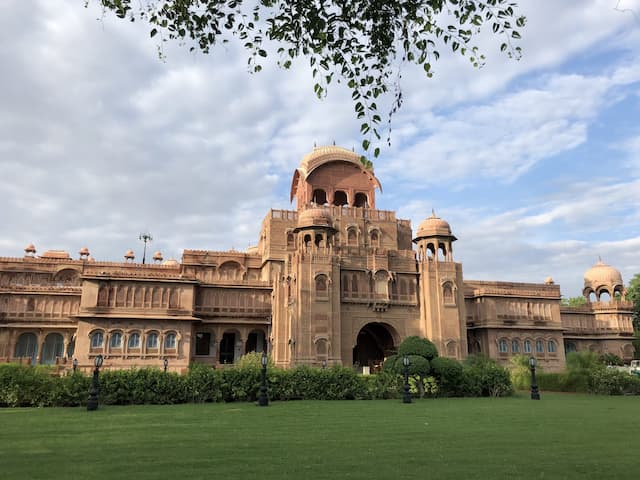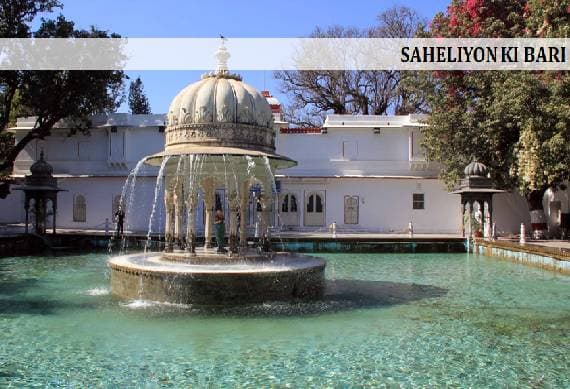History & Culture in Jodhpur
History
The vivid history of Jodhpur in itself defines the vibrant culture and heritage of the place. Jodhpur is a place filled with history, mysteries, culture and tradition. All this is represented in the magical and wonderful historical and exquisite sites. Being the second largest city in the Indian state of Rajasthan it is historically referred to as the kingdom of Marwar. Jodhpur was princely ruled under the British colonialism from the year 1818 to the year 1949. The city was founded by a Rajput chief known as Rao Jodha was from the clan of Rathore. He conquered the territory of Meherangarh and even built a temple which stands still even now. The temple was named after the goddess Rao revered called Chamunda Devi. The temple was intended to shield them from a revile rendered by the holy person who lived in the slope before Rao vanquished them.
Rao Jodha had made Mandore which was his old neighborhood to fill in as the capital, however later he moved the cash-flow to Jodhpur. Afterward, under the Mughal Empire, the state owed fealty to the Mughal lords consequently presenting Jodhpur to new design styles. The Mughals Lords were intense thus Jodhpur had no other choice yet to submit. Veer Durgadas Rathore reestablished the seat to its legitimate proprietor Maharaja, Ajit Singh after Aurangzeb managed for a brief period.
Ajit Bhawan is as yet the home to Royal Family and has affectionately kept up the inheritance of Marwar. Ajit in the Hindi language implies – The powerful and Bhawan is the equivalent to home. Consistent with its name stands tall and compelling red sandstone building magnificence worked in 1927 for Major General Maharaj Dhiraj Sir Ajit Singh Ji, the more youthful sibling of Maharaja Shri Umaid Singh of past Jodhpur State. The royal residence is as yet home to the regal family and is available to all also. A long time later, the Mughal Empire declined and subsequently, Marwar realm encountered a few clashes. The State was aided by the Marathas who helped it to sabotage and overthrow state Mughal lords from power.
Men and women of Jodhpur love dance and music. Jodhpur people sing devotional as well as festive songs like the songs of saint poets such as Meera, Kabir and Maloodas. The simple instruments like the Baara and Algoza accompany these songs to give beat or a drone to offset the poems. Music and dances which are accompanied by the beats of the chang, mandal and various other musical instruments are an unavoidable part of tribal people of Jodhpur. Most of the festivals in Jodhpur are colorful and musical with vibrant music and dance of the folks there.
Top tour packages
History with Adventure Lover Tour
PoloForest (1N) Kumbhalgarh (2N),
Flight Not Included
₹19,540
per person
- Valid upto 31 Mar 2026
Soulful India
New Delhi (1N) Agra (1N), +1 more
Flight Not Included
₹20,690
per person
- Valid upto 31 Mar 2026
Lakes & Forts Of Rajasthan
Udaipur (2N) Kumbhalgarh (2N),
Flight Not Included
₹20,990
per person
- Valid upto 31 Mar 2026
The Golden Rajasthan
Jodhpur (2N) Manvar (1N), +1 more
Flight Not Included
₹29,630
per person
- Valid upto 31 Mar 2026
Golden Triangle
New Delhi (2N) Agra (1N), +1 more
Flight Not Included
₹25,190
per person
- Valid upto 31 Mar 2026
Exotic Rajasthan
Jaipur (2N) Bharatpur (1N), +1 more
Flight Not Included
₹25,520
per person
- Valid upto 31 Mar 2026
Heritage Rajasthan
Jaipur (2N) Bikaner (1N), +2 more
Flight Not Included
₹36,780
per person
- Valid upto 31 Mar 2026
Best Of Rajasthan
Jodhpur (2N) Khimsar (2N), +2 more
Flight Not Included
₹41,330
per person
- Valid upto 31 Mar 2026
Whole of Rajasthan
New Delhi (1N) Agra (1N), +6 more
Flight Not Included
₹60,370
per person
- Valid upto 31 Mar 2026
2N Kumbhalgarh Hotel Tour Package
Kumbhalgarh (2N),
Flight Not Included
₹3,850
per person
- Valid upto 31 Mar 2026
Simplicity Rajasthan
Udaipur (2N) Kumbhalgarh (1N), +1 more
Flight Not Included
₹26,570
per person
- Valid upto 31 Mar 2026
Gems Of Rajasthan
Mount Abu (2N) Pali (1N), +2 more
Flight Not Included
₹32,280
per person
- Valid upto 31 Mar 2026
Golden Heritage
New Delhi (2N) Agra (1N), +3 more
Flight Not Included
₹34,570
per person
- Valid upto 31 Mar 2026
Jewels Of Rajasthan
Udaipur (2N) Narlai (2N),
Flight Not Included
₹56,100
per person
- Valid upto 31 Mar 2026
Happy Travellers
Beautiful Memories with Flamingo Transworld
Dr. Kruti Patel
 Aug
AugA Dream Trip to France and Switzerland with Flamingo
Mr. Dharmesh Shah
 Aug
AugIncredible Europe Tour with Flamingo Transworld
Ms. Jyoti & Mr. Tushar
 Jul
JulWonderful Japan Trip Experience with Flamingo
Surabhi Udeshi
 May
MayUnforgettable Experience With Flamingo Transworld
Mr. Ambrish Shah
 Mar
MarAn Unforgettable Journey with Unnati and Flamingo !
Mr. Navneet Bisani
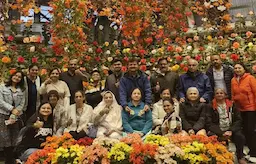 Dec
DecWe are Thankful to Flamingo Tours And Travels
Mr. Vijay Shah
 Oct
OctExcellent Experience Southeast Trip With Flamingo Travels
Mr. Manoj Betai
 Jun
JunWonderful Trip with Flamingo Travels
Ms. Chetna Ajmera
 Jul
JulSuper Experience with Flamingo Travels
Shailesh Shah
 Jun
JunTrending travel articles

Affordable Bali Trip Under ₹30000 – Flamingo Transworld Budget Itinerary for First-Time Travelers
Summary: Looking for a budget-friendly Bali trip in 2026? This blog shows how you can enjoy a relaxing 5-day Bali Trip under ?30000/- by choosing smart stays, simple food and the right places. Perfect for first-time Indian travellers looking for a budget-friendly Bali holiday. We all have seen tons of pics of temples, Bali Swing, […]

Japan Tour Packages from India Under ₹3 Lakh – Explore Japan on a Budget
Summary: Your dream of exploring Japan is possible, even with a strict budget! This blog shares how Japan tour packages from India under ?3 lakh are possible. It covers real costs, budget tips, the best time to visit, and much more. It helps you understand how to save money and still enjoy a great Japan […]

Singapore Tour Packages from India Under ₹1 Lakh – Budget-Friendly Trips 2025-26
Summary: A trip to Singapore can fit your budget with the right plan. This blog explains how Singapore tour packages from India under ?1 lakh work, what costs to expect, and how to save money. It helps you understand the best places to visit in Singapore in 2026 so you can enjoy this island country […]

Top Indian Restaurants in Hanoi to Try in 2026!
Summary: Indian restaurants in Hanoi are more than just places to eat. They serve Indian food with a Vietnamese welcome. Whether you are a vegetarian, prefer halal food, or just miss home-style dal, these restaurants have it all. Every meal is served with care and a friendly smile, making you feel right at home in […]

Macau – A city that refuses to sleep , and wont let you either !
Summary: Macau Travel – Macau is a city that never slows down—filled with luxury hotels, thrilling attractions, endless nightlife, and unforgettable energy. From staying at The Venetian to breathtaking Macau Tower views and vibrant casinos, Muskan Golecha’s experience captures the true spirit of a city that you don’t just visit, you live! Macau is one […]

10 Days Itinerary for Switzerland – Perfect Trip Plan for First-Time Visitors!
Summary: If you want a calm, scenic, and well-paced trip, this 10 days itinerary for Switzerland is made for you. It suits families, honeymooners, seniors, and solo travellers. This plan combines top attractions with relaxed, easy travel days. It also keeps Indian comfort in mind. Read on to get the full day-by-day plan, smart tips, […]

Switzerland in Winter 2026: A Fairytale Experience of Snow, Alps & Christmas Markets!
Summary: Switzerland in winter 2026 is pure magic, snow-dusted Alps, glittering Christmas markets, and cozy wooden chalets bring fairytales to life. Whether you are sipping hot chocolate by the beautiful Swiss lakes or exploring the festive streets of cities, it feels like a movie. Perfect for Indian travellers, families, and honeymooners. This blog helps you […]

Christmas in Dubai 2025: Lights, Luxury & Festive Shopping!
Summary: Experience the magic of Christmas in Dubai 2025, where the city sparkles with lights, music, and festive cheer. From grand events to lively markets and fireworks, every corner feels joyful. Enjoy delicious food, family fun, and exciting shopping deals during the Dubai festive season. Plan your trip easily with Dubai Tour Packages and make […]

Bhutan In December 2025- Weather, Insider Tips, Best Time to Visit, and Things to Do!
Summary: Experience the magic of a trip to Bhutan in December 2025, with clear skies, vibrant festivals, fewer crowds, and stunning mountain views. This blog guides you through weather updates, travel tips, places to visit, and must-try experiences for your perfect Bhutan holiday. Plan your relaxing, crowd-free visit to Bhutan and experience the authentic charm […]

How to Plan A Budget Trip To Vietnam Under ₹60,000!
Summary: Trip To Vietnam Under ?60000 – Dreaming of travelling to Vietnam without stretching your wallet? This blog shares how to plan your trip to Vietnam under ?60,000. It shares everything, including flights, hotels, meals, and activities. Discover must-visit cities, real cost breakdown, and much more to make your Vietnam tour package memorable yet budget-friendly. […]
